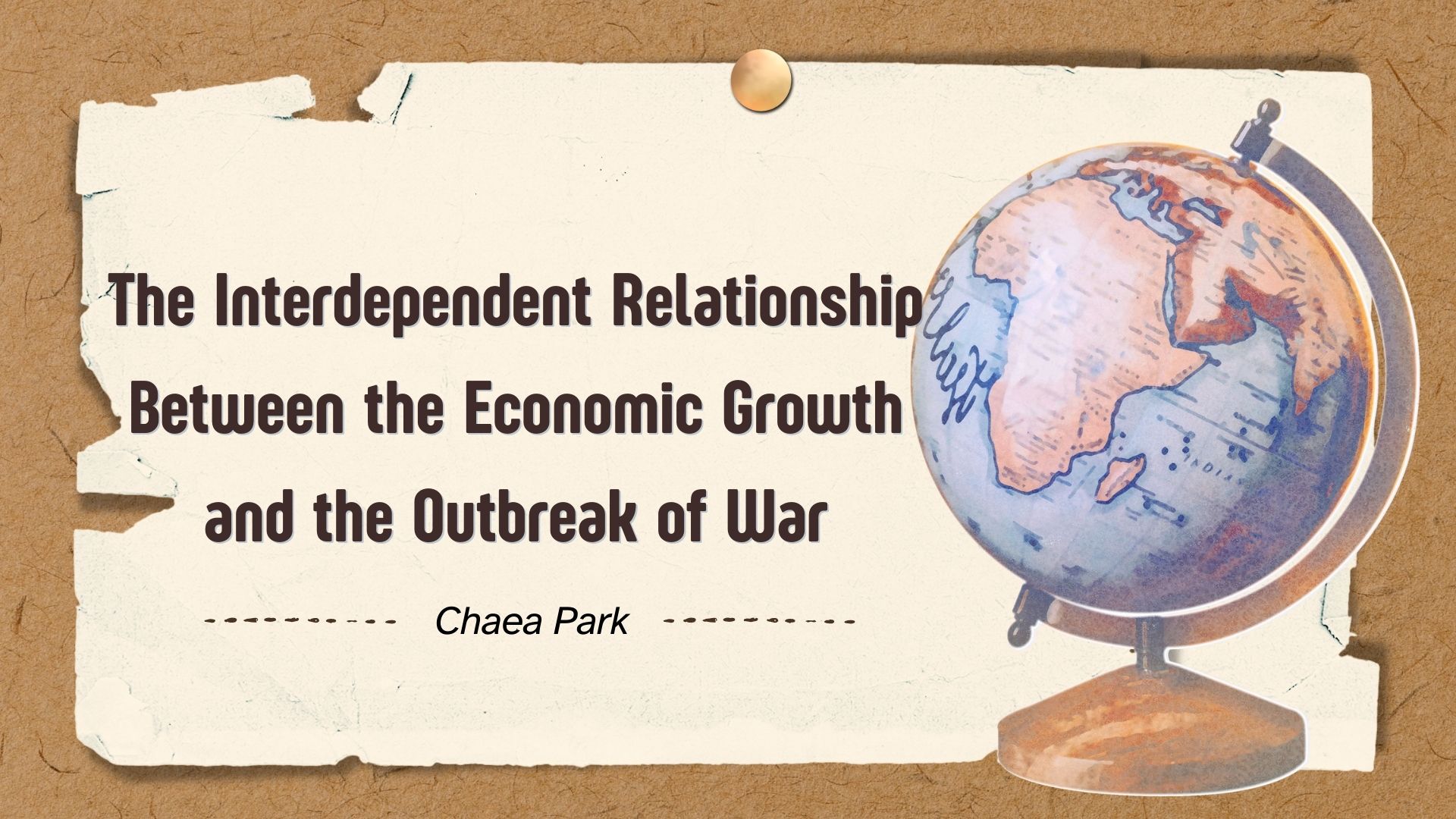The foundational theory learned in economics is the law of supply and demand. While demand follows a downward sloping curve, supply follows an upward sloping curve. Based on these characteristics, the demand and supply of goods form at a specific point (Equilibrium, market balance).
If the occurrence of excess demand or excess supply persists, the economic situation within a specific country may exhibit increasingly unstable tendencies over the long term.
Furthermore, national economies are influenced by various variables, leading some economists to argue that economic theories are not practical for discussing national economies.
It is true that the outbreak of civil war or war in one country can create situations beneficial to other countries.
For instance, in resolving issues related to the supply of materials and post-war reconstruction in the warring country, other countries can generate wealth. This can be observed not only in modern contexts but also in the analysis of the situation during World War II.
At that time, the United States did not engage in the war like European countries such as Britain and France. In this situation, countries like Britain requested assistance from the United States, and as a result of necessary deliveries of goods and military equipment sales (through exports), the national economy of the United States also recovered.
The same phenomenon applied to the Korean War. Examining the situation at the time, Japan was able to profit through the sale of weapons equipped with advanced technology.
Wars can result in ceasefires, but in many cases, one country emerges victorious while another suffers defeat. There is a saying that history is written by the victors.
The victorious country may demand reparations from the defeated country and may acquire dominance in the global economy. Naturally, the economy of the defeated country becomes unstable.
This can be easily understood by examining the situation in Germany after World War I. Germany was defeated in the war and, through the Treaty of Versailles, had incurred enormous debts. Hyperinflation occurred, severely damaging Germany’s economy.
Beyond just selling weapons to specific countries during the war, a victorious country may continue to aid the winning side after the war, gaining various benefits.
For superpowers, the potential for economic growth through war is even greater. A superpower possessing many weapons with cutting-edge technology (such as the United States, for example) cannot initiate wars without justification.
The best solution here is to support other countries involved in the war. For example, in the Middle East, the United States fully supports Israel in ongoing conflicts, and the resulting exports have contributed to economic growth in the United States.
If a country cannot engage in war itself but possesses advanced technology-based weapons, it can generate significant wealth by selling them.
In fact, while war denotes physical conflict, a more detailed approach reveals that economic and political friction between nations can also belong to the pre-war stage.
In this context, it can be concluded that the economic friction between different countries can contribute to the growth of one country.
Physical conflicts between nations should no longer occur. However, when examining the current state of international politics, it is evident that as war can bring benefits to other countries, nations are divided, and friction arises due to differences in political ideologies.
In living in the modern world, we need to deeply contemplate these current situations and engage in profound thinking about how to build a better future.

